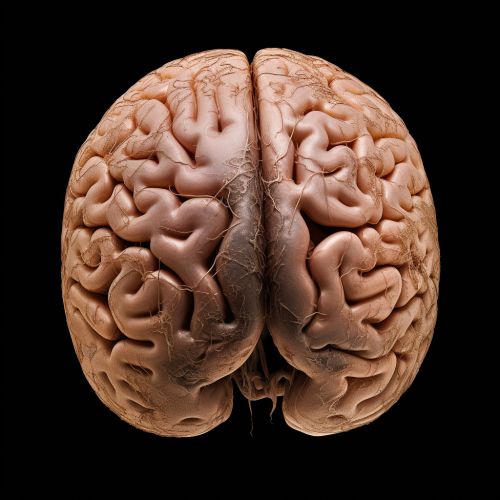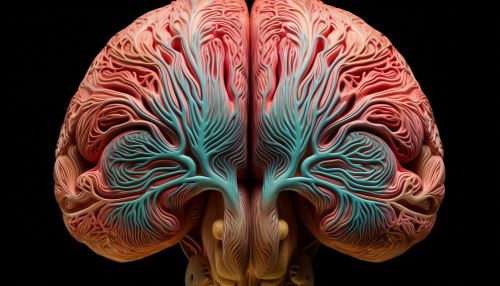Consciousness
Definition and Overview
Consciousness refers to the state of being aware of and able to think and perceive one's surroundings, thoughts, and feelings. It is a complex and multifaceted concept that has been the subject of extensive philosophical, scientific, and medical discourse. Consciousness is often described as a subjective experience, or what it feels like to have experiences, often referred to as qualia.


Philosophical Perspectives
Philosophy has long grappled with the nature of consciousness, with different schools of thought offering varying interpretations. The dualist perspective, for example, posits that the mind and body are distinct entities, with consciousness residing in the non-physical mind. Conversely, physicalists argue that consciousness is entirely a product of physical processes within the brain.
Scientific Approaches
The scientific study of consciousness is a vibrant and rapidly evolving field. Neuroscientists often use techniques such as functional magnetic resonance imaging (fMRI) to investigate the neural correlates of consciousness, or the specific brain processes that correspond to conscious experiences. Cognitive scientists, on the other hand, may focus on the cognitive processes and structures that underpin conscious experience.
Theories of Consciousness
There are numerous theories that attempt to explain the nature and origin of consciousness. The integrated information theory, for instance, suggests that consciousness arises from the integration of a wide range of information in the brain. Another prominent theory is the global workspace theory, which posits that consciousness results from the broadcasting of information across various networks in the brain.
Altered States of Consciousness
Consciousness is not a static state but can be altered in various ways. Sleep, for example, is a state of altered consciousness, as are conditions induced by certain drugs or meditation practices. The study of these altered states can provide valuable insights into the nature of normal consciousness.
Consciousness in Non-Human Animals
The question of whether non-human animals possess consciousness is a contentious one. Some researchers argue that certain animals, such as primates and dolphins, display signs of self-awareness and therefore likely possess some form of consciousness. Others, however, argue that without the ability to report subjective experiences, it is impossible to definitively establish the presence of consciousness in non-human animals.
Artificial Consciousness
The possibility of creating artificial consciousness, or machine consciousness, is a topic of ongoing debate. Some researchers argue that it is theoretically possible to create a machine that exhibits consciousness, while others contend that consciousness is a uniquely human phenomenon that cannot be replicated in a machine.
